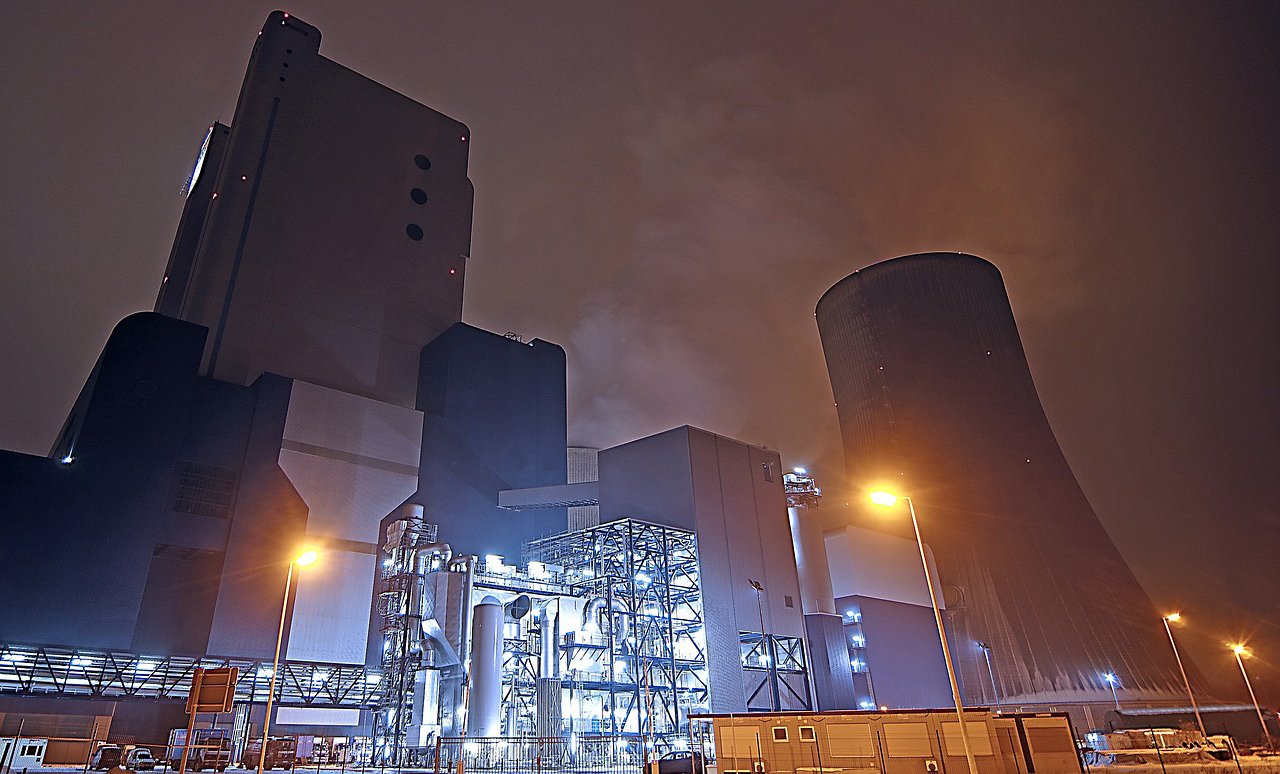News
Canada and India Reach Nuclear Energy Cooperation and Plan to Triple Bilateral Trade
On November 7, Canadian Prime Minister Harper and Indian Prime Minister Manmohan Singh, who were visiting India, jointly announced in New Delhi that the consultations between the two countries on the administrative arrangements for the nuclear energy cooperation agreement signed in 2010 have been officially completed and will be approved by the two countries’ parliaments. It can be upgraded in 2013.Harper's six-day visit to India began on November 3. This is Harper's longest stay in a country.
Harper said when announcing the news: The achievement of this administrative arrangement will provide opportunities for Canadian nuclear energy companies to play a greater role in meeting India's energy needs. The Canadian government is committed to promoting trade and investment with India, which will help create new, high-quality jobs in Canada.
According to this agreement, Canadian companies will be allowed to export uranium raw materials, nuclear equipment and nuclear energy technology to India.
The Canadian Prime Minister's Office said: The agreement will ensure that nuclear materials, nuclear equipment and nuclear technology from Canada will only be used for civilian and peaceful purposes. Strictly regulate the partner countries selected for nuclear cooperation to ensure nuclear non-proliferation and nuclear safety during the cooperation process.
Canada’s annual revenue from nuclear energy production is approximately US$5 billion; the Canadian nuclear industry employs 21,000 people; and its annual export revenue from uranium is more than US$1 billion.
India has a huge energy gap, so India has been actively promoting nuclear agreement cooperation with other countries to obtain nuclear resources and nuclear technology. India has reached nuclear energy cooperation agreements with the United States, France, Russia and other countries, and Canada has become the eighth country to sign a civilian nuclear agreement with India. India, Australia and Japan have also made important progress in nuclear transactions.
After India conducted its first nuclear test in the 1970s, Canada believed that India was engaged in plutonium production using the research reactor provided by Canada, so it stopped exporting nuclear materials to India. It was not until 2010 that Canada signed this civilian nuclear energy cooperation agreement with India after the United States, canceling the previous 34-year-old nuclear restrictions on India, thus ending 25 years of mutual distrust between the two countries.
The Canadian government recognizes that India is a huge market of 1.2 billion people. The main purpose of Prime Minister Harper's trip is to promote investment and trade between the two countries, so he led a large business delegation composed of entrepreneurs, aiming to strengthen cooperation between the two sides in trade, agriculture, education, natural resources and other fields. Canadian Foreign Trade Minister Fast announced in Delhi that Canada and India signed a total of 14 economic and trade contracts that day, with a total value of US$2.5 billion. Currently, bilateral trade between Canada and India is only US$5.2 billion. Harper and Singh have decided to increase bilateral trade to US$15 billion within three years.
In recent years, Canada has actively promoted cooperation with Asian countries in order to maintain sustained economic growth and create jobs. After completing his visit to India, Harper will visit Singapore and Hong Kong, China.

RELATED NEWS
- Adani to Build 65MW Solar Farm in Queensland
- Myanmar Cooperates with Russia and India to Develop Myanmar’s Oil and Gas Resour
- The U.S. Rules Out Dumping and Subsidies for Crystalline Silicon Photovoltaic Ce
- Petrobras Acquires Japanese Refinery to Expand Asian Energy Market
- The Grand Event with Thousands of People Ended Successfully
